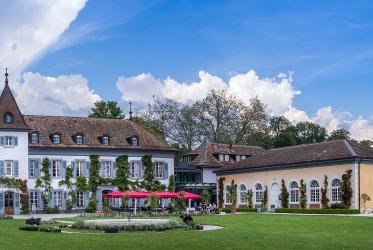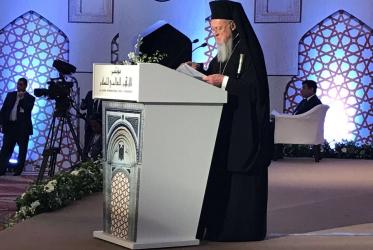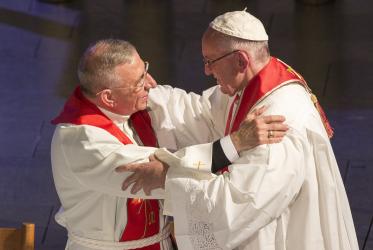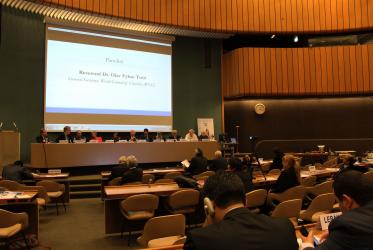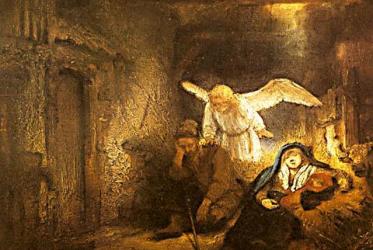Displaying 141 - 160 of 245
14 July 2017
Gender-based violence concerns ‘all of humanity’
11 July 2017
Islam and Christianity: finding the common ground
16 March 2017
WCC general secretary speaks on religion and discrimination
14 February 2017
Churches in Norway and Pakistan break new ecumenical ground
26 January 2017
Second Bible study on stateless persons available for Advent use
08 December 2016
What does ‘prudence’ mean for dialogue and peace-building?
16 November 2016
Grand Imam calls for collaboration against violence and poverty
06 October 2016
Gender justice: over 70 years of struggle
06 October 2016


